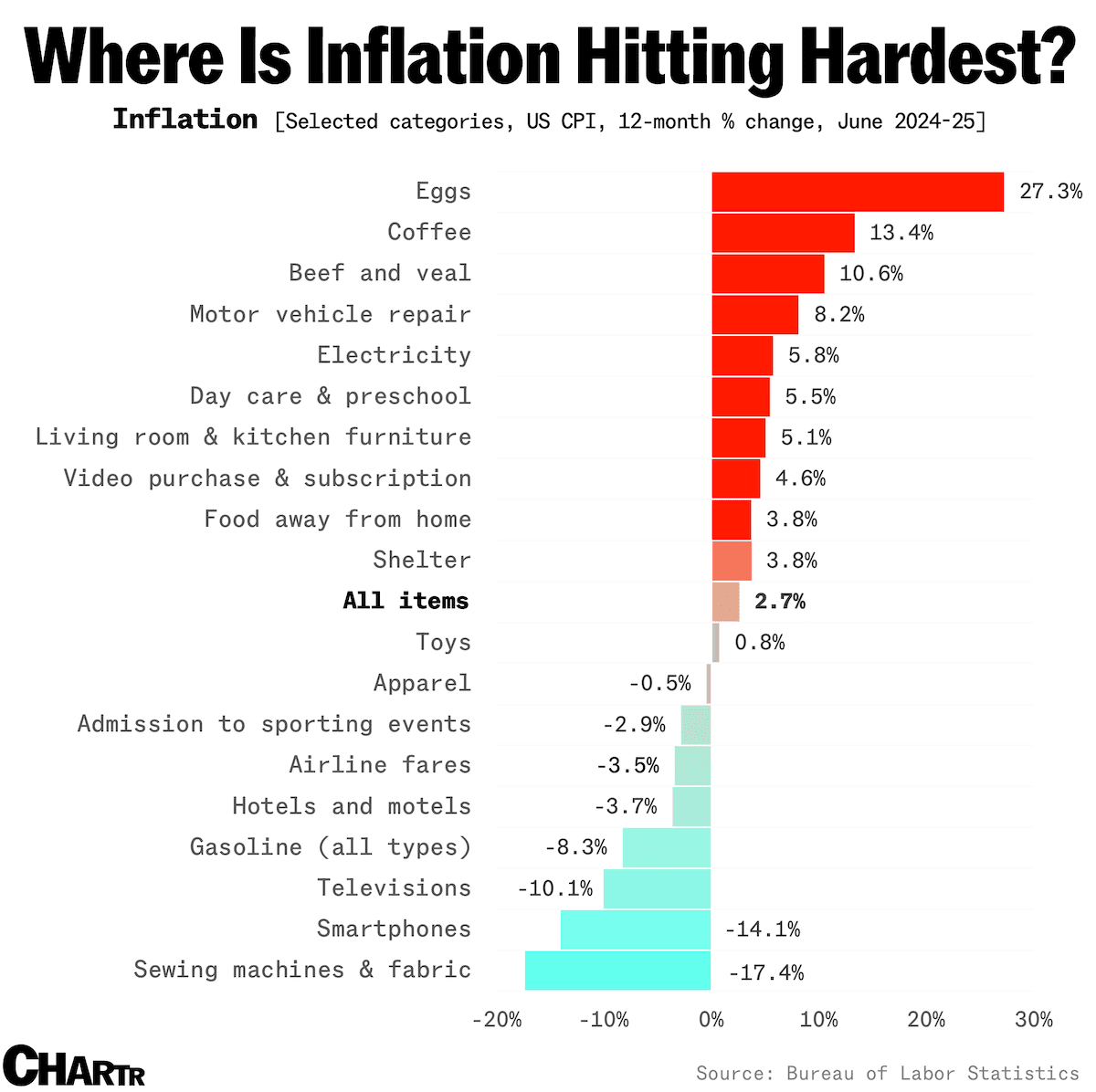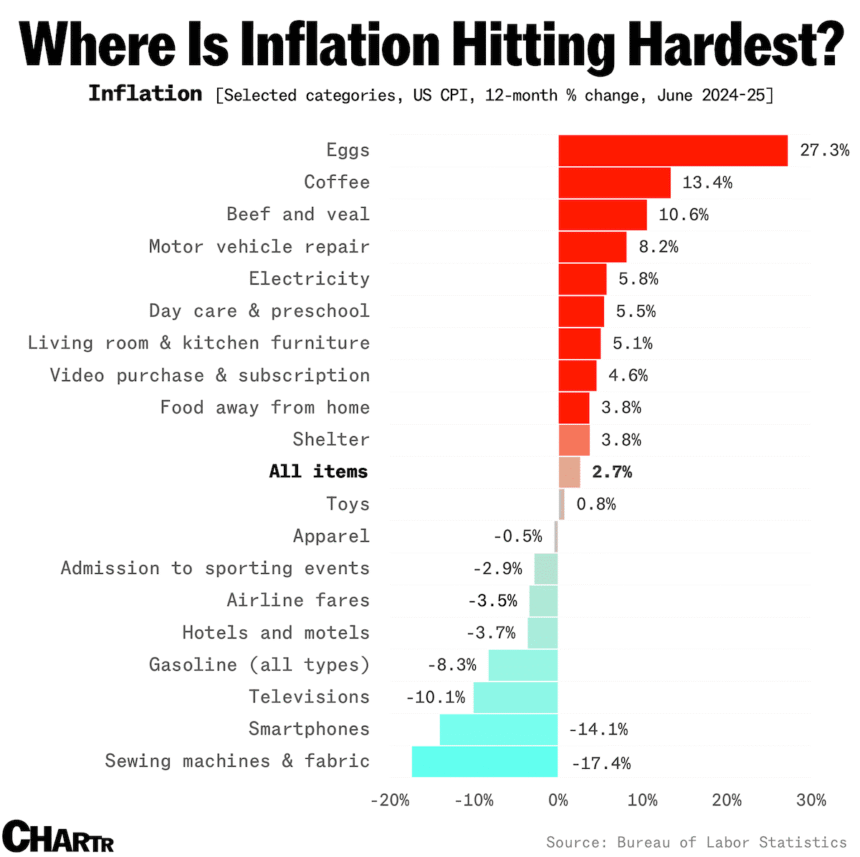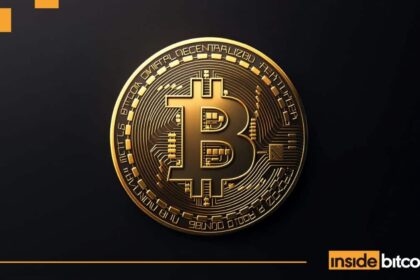The weekend is here! Pour yourself a mug of Danish Blend coffee, grab a seat outside, and get ready for our longer-form weekend reads:
• A band of innovators reimagines the spy game for a world with no cover: A profound transformation that is taking place in the world of intelligence. For spies, there is literally no place to hide. Millions of cameras around the world record every movement and catalogue it forever. Every action leaves digital tracks that can be studied and linked with others. Your cellphone and social media accounts tell the world precisely who and where you are. Further, attempts at concealment can backfire in the digital age. (Washington Post)
• Understanding the Baby Boom:The West has been below replacement fertility once before. Then came the Baby Boom. Understanding that boom may help us deal with today’s bust. (Works in Progress) see also Inside the Silicon Valley push to breed super-babies: Investors say genetic prediction services for embryos, used by Elon Musk and others, are a trust fund for future children. Many scientists are skeptical. (Washington Post)
• Who’s working on today’s breakout ideas? Introducing Finfluential, a weekly influence-spotting newsletter (Finfluential)
• Is the U.S. Ready for the Next War? With global conflicts increasingly shaped by drones and A.I., the American military risks losing its dominance. (New Yorker)
• How to Be More Charismatic (but Not Too Much More): It turns out that being charming has a happy mean. (The Atlantic)
• Why Science Hasn’t Solved Consciousness (Yet): To understand life, we must stop treating organisms like machines and minds like code. (NOEMA) see also The Self That Never Was: Even if the self is an illusion, we are not machines. (Hedgehog Review)
• The Origin of the Research University: Clara Collier Universities have existed for more than a thousand years — and for almost all of that time, they weren’t centers of research. What changed in 19th century Germany? (Asterisk)
• We Warned About the First China Shock. The Next One Will Be Worse. The first time China upended the U.S. economy, between 1999 and 2007, it helped erase nearly a quarter of all U.S. manufacturing jobs. Known as the China Shock, it was driven by a singular process — China’s late-1970s transition from Maoist central planning to a market economy, which rapidly moved the country’s labor and capital from collective rural farms to capitalist urban factories. (New York Times) see also The Scale of China’s Solar-Power Projects: As the Trump administration’s “Big, Beautiful Bill” eliminates many clean-energy incentives in the U.S., China continues huge investments in wind and solar power, reportedly accounting for 74 percent of all projects now under construction worldwide. (The Atlantic)
• Trump’s honest graft: The president has turned himself into the central dispenser — and recipient — of economic opportunity. (Washington Post)
• The Making of Kurt Vonnegut’s Cat’s Cradle: How the novelist turned the violence and randomness of war into a cosmic joke. (The Atlantic)
Be sure to check out our Masters in Business interview this weekend with Neil Dutta, head of the economic research team at Renaissance Macro Research. Previously, he was Senior Economist NA at Bank of America-Merrill Lynch under Ethan Harris and David Rosenberg. He has a history of making successful contrarian calls, including calling for no recession in 2022, and warning that the FOMC would raise rates aggressively in 2022. He is now expecting a mild recession late 2025/26.
Tariffs might be starting to show in America’s inflation rate — but where are prices rising the most?

Source: Sherwood










